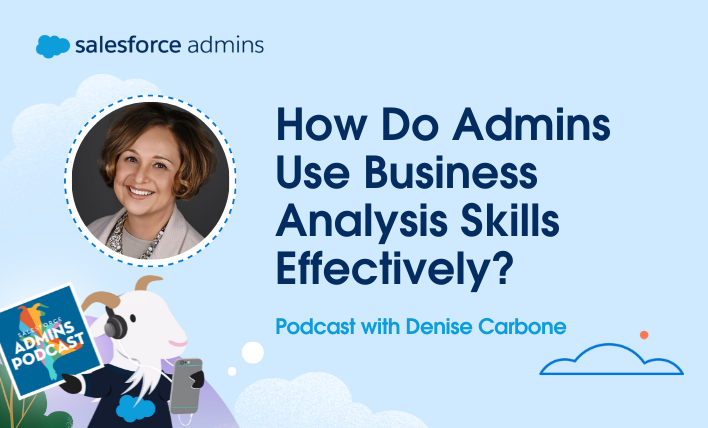Today on the Salesforce Admins Podcast, we revisit our episode with Ko Forte, Salesforce Business Analyst (BA) at RGP. Join us as we chat about business analysis, career transitions, and the BA mindset. You should subscribe for the full episode, but here are a few takeaways from our conversation with Ko Forte. August was Business […]






